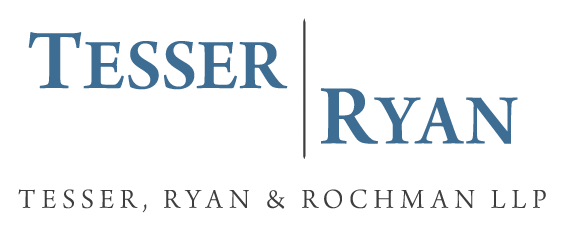Supreme Court Case Could Be Sea Change in Where Corporations Can be Sued
Recently, the Supreme Court heard oral argument in Mallory v. Norfolk Southern Railway, a case that will have great consequences for corporations’ due process rights regarding where they are subject to jurisdiction for lawsuits.
Robert Mallory is an employee of Norfolk Southern Railway Co., a Virginia corporation with a principal place of business in Atlanta, Georgia. Mr. Mallory sued Norfolk Southern pursuant to the Federal Employer’s Liability Act, alleging that between 1988 and 2005 he was exposed to harmful carcinogens while employed by Norfolk Southern in Ohio and Virginia.
Mr. Mallory decided to sue Norfolk Southern in Pennsylvania, specifically in the Philadelphia County Court of Common Pleas even though he was not a resident of Pennsylvania, nor was he alleging that he suffered his injury in Pennsylvania. Instead, he sued in Pennsylvania under a theory that the Pennsylvania court could exercise jurisdiction over Norfolk Southern because Norfolk Southern had filed a registration with the state of Pennsylvania to do business in Pennsylvania.
Under Pennsylvania state law, a foreign corporation that wants to do business in the state may not do so until it registers with the Department of State. Pennsylvania state law also establishes that by registering as a foreign corporation doing business in Pennsylvania, the foreign corporation consents to the jurisdiction of the Pennsylvania state courts.
Norfolk Southern is challenging that exercise of jurisdiction by the Pennsylvania state court, arguing that it is a violation of due process under the fourteenth amendment. The trial court and Pennsylvania Supreme Court agreed with Norfolk Southern.
The simplified argument made by Norfolk Southern is that it did not consent to the jurisdiction of the Pennsylvania courts because it did not have a real choice. The choice put to Norfolk Southern was either consent to jurisdiction of Pennsylvania courts by registering with the Department of State to be able to conduct business in Pennsylvania, or not be able to do any business in Pennsylvania.
Right now, Pennsylvania is the only state to have a law that by registering to do business as a foreign corporation, the corporation also submits to the general jurisdiction of the state courts. If the Supreme Court finds in favor of Mallory, one potential consequence is that other states may choose to pass similar laws, and thus could completely change the landscape of when a corporation is subject to the general jurisdiction of a state court.
Another major issue involved in this case is forum-shopping. Norfolk Southern argues that it is unreasonable to expect to be sued in Pennsylvania when Pennsylvania has nothing to do with the underlying issues of the lawsuit. Mr. Mallory’s injury did not take place in Pennsylvania, but rather in Ohio and Virginia, and Mr. Mallory does not live in Pennsylvania.
The disposition of this case will have an enormous impact on the Supreme Court’s general jurisdiction jurisprudence and may greatly impact where a corporation doing business as an out-of-state corporation can be sued.
Regardless of the outcome, it is important to consider where your business may be subject to a court’s jurisdiction when forming a corporation and deciding to do business in a state.
The attorneys at Tesser, Ryan & Rochman, LLP are experienced in advising large and small businesses on their potential liability. Call us today at (212) 754-9000.
